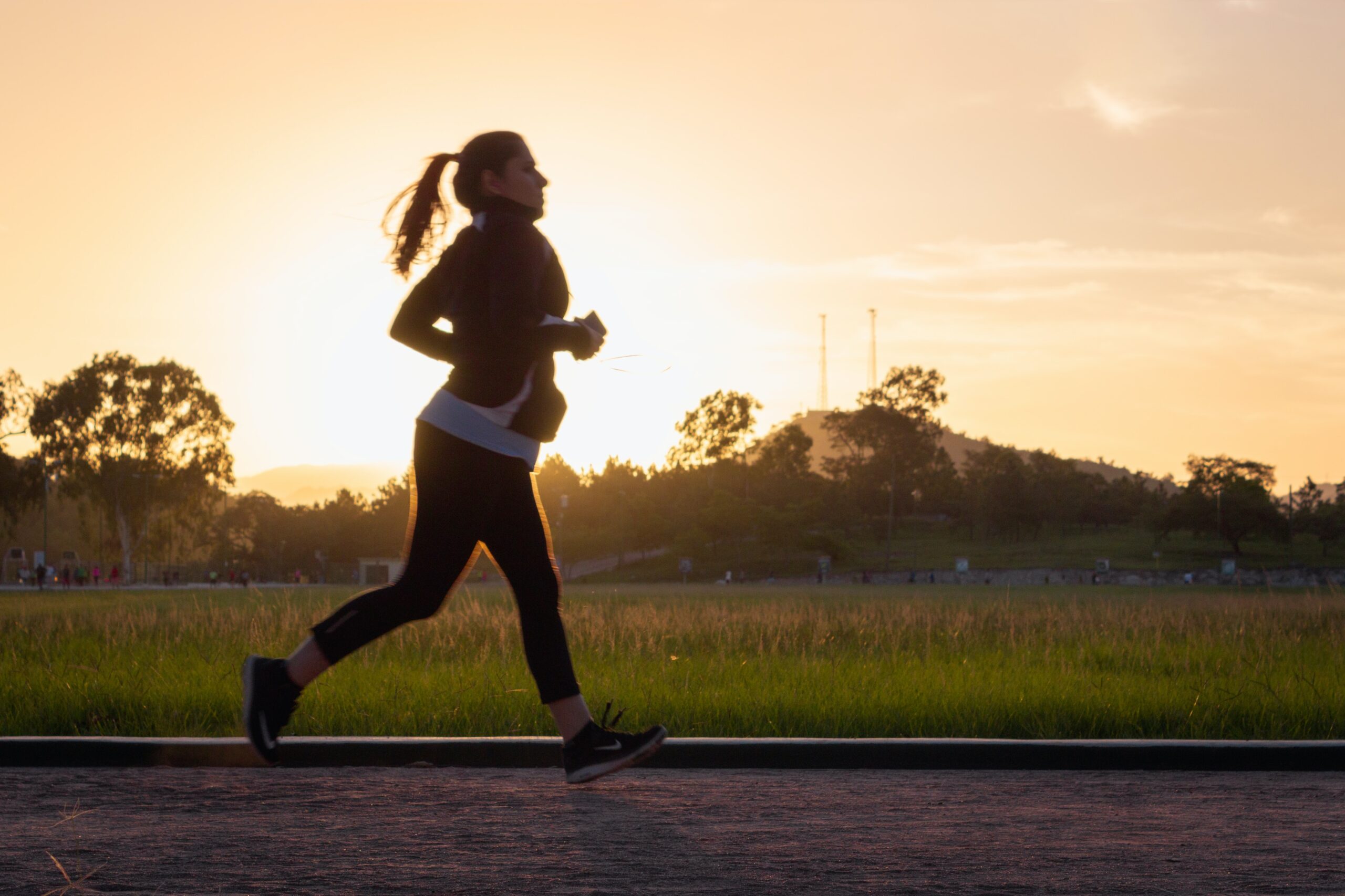Are you a morning person or a night owl? Do you prefer to jog when the sun is rising or when the stars are shining? The time of day you choose to go for a jog can have a significant impact on your overall experience and the benefits you reap from your workout.
While there is no one-size-fits-all answer to the question of when is the best time to jog, there are certain factors you should consider to make an informed decision. Let’s explore the benefits and drawbacks of jogging at different times of the day.
Morning Jogging
Many fitness enthusiasts swear by their morning jogs, and for good reason. Starting your day with a jog can energize you, boost your metabolism, and set a positive tone for the rest of the day.
One of the main advantages of morning jogging is the peacefulness and quietness of the surroundings. The streets are less crowded, the air is fresh, and you can enjoy the tranquility of nature waking up.
However, it’s important to note that your body may need some time to fully wake up and warm up before you hit the pavement. Be sure to stretch properly and give yourself a few minutes to ease into your jog.
Afternoon Jogging
If you’re not an early riser or simply prefer to save your energy for later in the day, an afternoon jog might be the perfect fit for you. Jogging during the afternoon can help you break up your workday, relieve stress, and clear your mind.
One of the advantages of afternoon jogging is that your body is already warmed up from the activities of the day. This can lead to improved performance and a reduced risk of injury.
However, depending on where you live, the temperature during the afternoon can be quite high, especially during the summer months. Be sure to stay hydrated and protect yourself from the sun’s rays by wearing sunscreen and appropriate clothing.
Evening Jogging
For those who enjoy the cooler temperatures and the beauty of the sunset, evening jogging can be a great option. It can be a way to unwind after a long day, release any built-up tension, and prepare your body for a restful night’s sleep.
One of the advantages of evening jogging is that you can take advantage of the natural drop in body temperature that occurs in the evening. This can lead to improved endurance and performance.
However, it’s important to be mindful of your surroundings and choose well-lit routes to ensure your safety. If you’re jogging in a busy area, consider wearing reflective gear to make yourself more visible to drivers.
Conclusion
Ultimately, the best time to jog is the time that works best for you and fits into your schedule. Whether you’re a morning person, an afternoon enthusiast, or an evening lover, the important thing is that you’re getting out there and moving your body.
Experiment with different times of the day and see how your body responds. Pay attention to how you feel during and after your jog, and make adjustments accordingly.
Remember, consistency is key when it comes to jogging. Whether you choose to jog in the morning, afternoon, or evening, make it a habit and enjoy the countless physical and mental benefits it brings.






